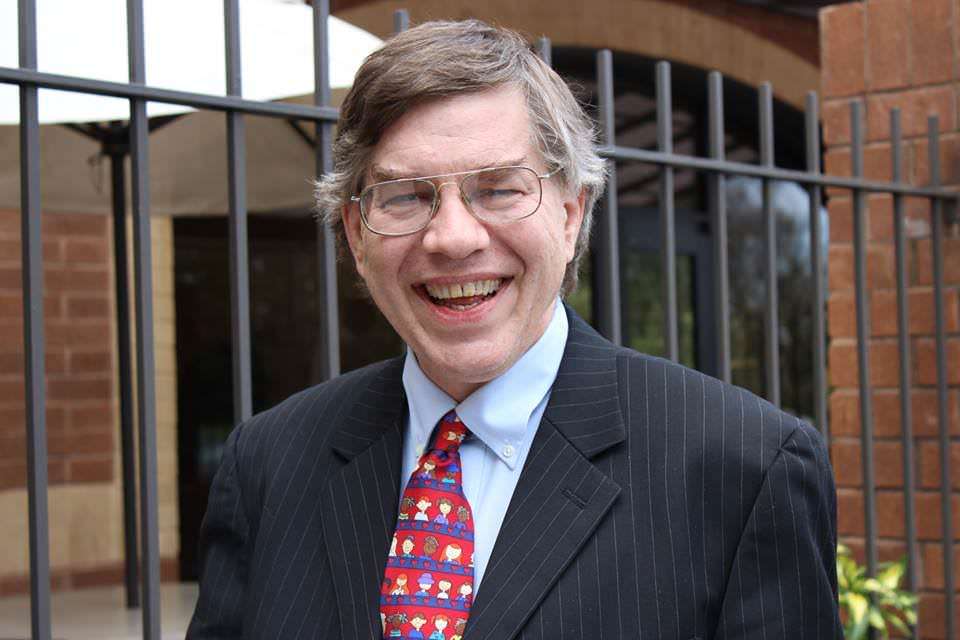Could This Be the Start of Something Beautiful for the Libertarian Party?
Over the weekend, CNN and ORC released a poll of North Carolinians showing the Libertarian candidate for Senate, Sean Haugh, receiving support from 7 percent of likely voters. He's one of several third party candidates receiving attention this year for their potential to muck up the outcome of close Senate elections.

Given all that attention, some may be wondering whether the American people have become so fed up with the two major parties that they're finally ready to start throwing their support behind an alternative. With six in ten disapproving of congressional Democrats' job handling and seven in ten disapproving of congressional Republicans', could we be looking at the beginning of a Libertarian Party wave?
The problem is that third party candidates don't just fail to win elections—historically, they do even worse at the ballot box than polling would suggest. In 2012, the Libertarian Party's nominee for president, Gary Johnson, received about 1.2 million votes to capture 1 percent of the electorate. Given that this was the largest raw number of ballots ever cast for a Libertarian, readers might be tempted to celebrate. But some pre-election surveys had Johnson at 5 percent or more. In other words, he underperformed his polling.
That outcome wasn't specific to 2012. When Libertarian Robert Sarvis ran for governor of Virginia last year, there were high hopes that one in 10 voters might swing his way. The final RealClearPolitics polling average before the election put him at 9.6 percent. In reality, he took about 6.6 percent of the vote—inarguably a respectable result, but still not as good as surveys forecasted.
It seems voters find it easier to tell an interviewer they're going to punch the box beside the name of a third party candidate than they do to follow through with that pledge. One theory is that it feels good to describe yourself as the kind of person who's willing to take a principled stand—but in the privacy of the voting booth, the downsides of "throwing your ballot away" on someone you know can't win overpower the upsides of helping a candidate you like make a strong symbolic showing.
Which isn't to say that this year's slate of Libertarian hopefuls will have no effect on the final results. A third partier need only take a couple of percentage points to be the difference in a close election. If a significant number of erstwhile Republicans choose Haugh over GOP challenger Thom Tillis in North Carolina, for example, that could be enough to secure the election for Democratic incumbent Kay Hagan.
It's also natural to wonder if this might be the election that breaks the rule. The trend is for third party candidates to underperform their polling on Election Day, but then, past events are a good predictor of future events—right up until they cease to be.


Show Comments (233)